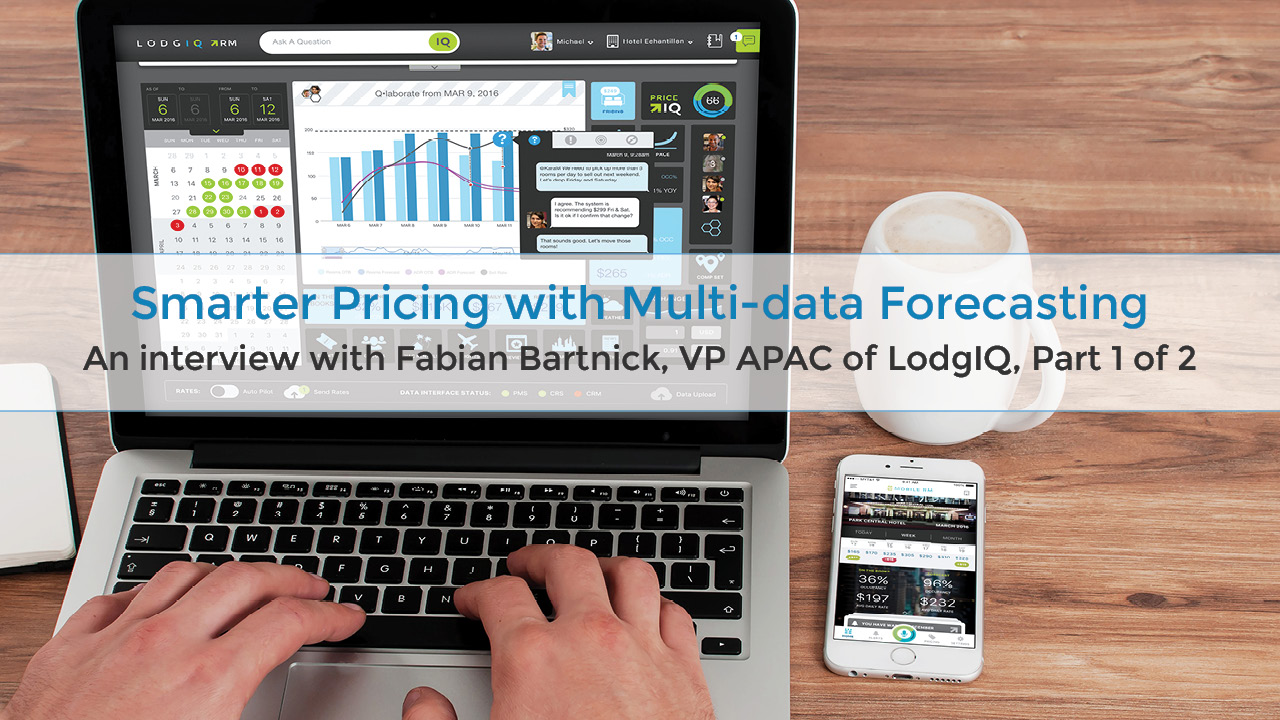In this smart hotel pricing series, we interview Fabian Bartnick, vice president of Asia-Pacific for LodgIQ. We know this for sure, he is passionate about pricing and brings new perspective to old revenue management concepts. In this podcast Fabian discusses the dual impact of evolving consumers and advancements in travel technologies, and how revenue managers can respond.
Prefer your news all at once? Sign up to receive revenue-related news right to your inbox.
Here’s a summary of the podcast:
How revenue management has changed over the years
Revenue management has diversified both regionally and globally, younger generations are coming into the practice, people are traveling more. These factors contribute to the current evolution of revenue management. Years ago there was very little transparency in pricing so essentially the consumer was flying blind. Now, with shorter booking windows and a multitude of booking channels, consumers hold more power. In order for revenue managers to navigate this changing landscape, they have to consider more data points, with greater agility and timeliness. Now, instead of having three months to respond to booking trends they maybe have three days. Five years ago this wasn’t the case.
New forecasting methods
Forecasting has two parts: the data being taken into consideration and the technology used to make sense of that data. Traditionally, a revenue manager could take PMS data, overlay competitor data and get their entire demand. Not so today. Modern travelers consider myriad data points in the booking decision. In response, revenue managers need to decipher what is smart, meaningful data and what is just noise. Technology utilizing machine learning helps to turn that noise into valuable knowledge. It is no longer feasible for a human being to compile all the necessary data points without that.






